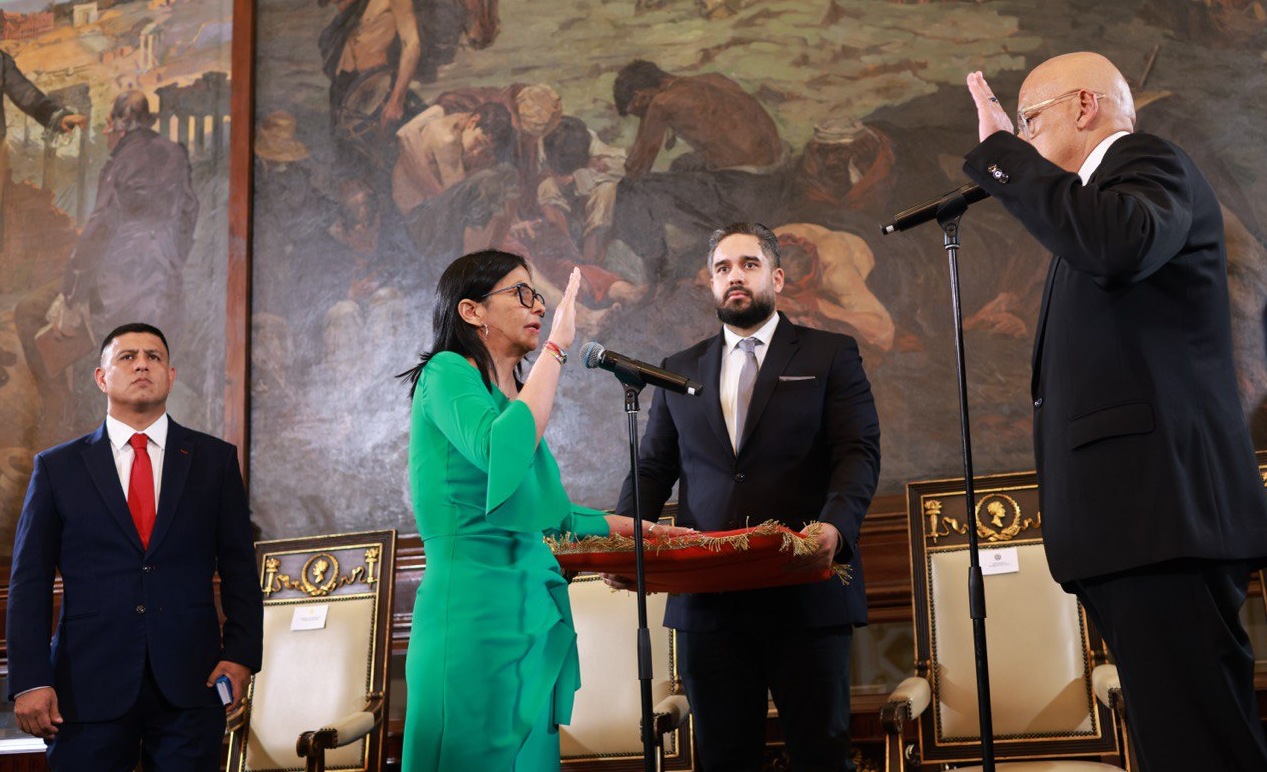By Zacharia Kanyonyozi
Photos: YouTube Screenshots
The recent Independent Uganda puff piece on Gen. Salim Saleh, Dictator Museveni’s younger brother, was amusing. But not in the way the author intended it to be.

True, there were some good revelations. A case in point is this, “[Saleh] said colonialism sought to take control of the economy of Uganda from the indigenous peoples and place it in British hands. The agency for this process was the formation of the Uganda Company founded in 1903 with British shareholders. The Uganda Company was to be the industrial arm of the Church Missionary Society (CMS), a “civil society” agency for British rule in Uganda. I had always thought CMS was only the ideological arm of colonialism, not an industrial and business agency. Saleh told me that BK Barrop, who introduced cotton seeds in Uganda in 1903, was one of the founding shareholders in this company,” The Independent revealed.
“The interesting twist in Saleh’s narrative was that, the first attempt at the nationalization of Uganda’s economy began in 1953. It was initiated by Governor Andrew Cohen and was occasioned by the creation of the Uganda Development Corporation (UDC). The aim of UDC was to be the industrial arm of the state of Uganda, which would work to serve the interests of Ugandans. Cohen, Saleh said, was a socialist and was serious about promoting the participation of Ugandans in the economy through the agency of the state. British socialists were committed to this policy,” it added.
It is naïve to think that Andrew Cohen would be working for the Colonial Office and have Uganda’s economic health as a primary concern. That was secondary. His job was in service of British colonialism. Sure, he was a socialist, specifically a Fabian, but that does not his sanitize his remit as Governor.
However, we are not here to quibble. We are here to show up The Independent’s efforts to lionize Gen. Saleh by employing pure fiction, with an eye on history to ensure that the General is not remembered for what he is: a successful warlord, a crude anachronism and moral reprobate.
“For Saleh, the return of foreign capital to control the state and economy of Uganda, needed the weakening of the state. While privatization took assets from the state, the insidious institutional innovation, he said, was agencification and projectization .He said the main state bureaucracy was emasculated through the creation of agencies and other semi-autonomous government bodies. These were funded by international “donors” and took power away from ministries. Even within ministries, most money went to donor-funded projects where staff were paid better and therefore loyal to these foreign interests,” the Independent reported.
If agencification and projectization are colonial ploys, Dictator Museveni has used the same ploys to rip Ugandans off in the name of promoting indigenous capital. Take National Agriculture Advisory Services (NAADS), for instance. It is one of the statutory semi-autonomous bodies in the Ministry of Agriculture, Animal Industry and Fisheries (MAAIF); established in 2001 by an Act of Parliament (NAADS Act 2001) to specifically facilitate efficient and effective delivery of agricultural advisory services.

To ensure that the personnel working under NAADS do not serve foreign interests, NAADS is predominantly peopled by soldiers or those beholden to Dictator Museveni. These can be can be depended on to serve Dictator Museveni over Uganda by funneling whatever is made (over and above their pay) straight to Dictator Museveni.
Two, when it comes to agentification, we have State House. It costs 2 billion shillings per day to run. Its agency is a function of the neo-patrimonial system Dictator Museveni has contorted to a stranglehold on the economy. This has serious repercussions.
According to the Bank of Uganda’s State of the Economy Report from April 2023, the nation’s total debt (external and domestic) as of March this year stands at Shs 85.2 trillion, significantly exceeding its annual budget of Shs 52.7 trillion. The ministry of Finance reports that the total debt amounts to Shs 80.7 trillion (approximately US$21.7 billion), comprising Shs 47.7 trillion (US$12.8 billion) in external debt and Shs 33 trillion (US$8.8 billion) in domestic debt.
The article goes on: “I sat in silent wonderment, listening to this lion of a man discourse on our political economy from a reclining chair. I wondered whether he appreciated the magnitude and meaning of his historic tour de force. At a personal level, it was an indictment to the many things I had defended as a young journalist – privatization, deregulation, liberalization, democratization etc. He said what Africa has lacked are strong indigenous and national economic forces with interests to advance and intellectuals to generate justifications for them.”
Rather unfortunately, the gushing author admits to have been in the pay of donors in the 1990s. He wrote glowing fiction for them, now who is he writing glowingly for? Gen. Saleh.
The author only shifted narratives because he has a new paymaster. At the end of the article, probably to meliorate the wear and tear done to his conscience, he tacitly agrees that indigenous capital should fund local intellectuals towards interest articulation. I am sure the invoice for this article was upwards of $10,000. But what worries me is that the author, who has a mansion in two upscale locations, namely Kololo and Naguru, and stays in the penthouse suite of Sudhir Ruparelia’s swanky Speke Apartments, has to do such mercenary work. It shows our economy is so terrible that even the rich are begging.









